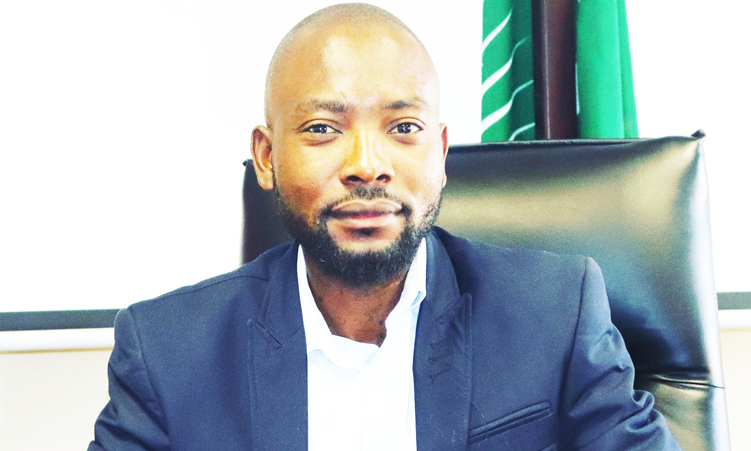Local journalists have been urged to focus on climate change and environmental reporting in general as the media could play a vital role in the fight against climate change and environmental degradation.
This call was made by Ministry of Environment, Forestry and Tourism spokesperson Romeo Muyunda when he officially opened a five-day national media training workshop on climate change and environmental reporting at Swakopmund last week.
Muyunda said Namibia is highly vulnerable to the negative impacts of climate change due to its arid and semi-arid environment.
Climate change negatively affects Namibia’s water and people’s livelihoods, therefore it is imperative that people take good care of the environment, he said.
The workshop aimed to capacitate local journalists with a basic knowledge of climate change, conservation and the sustainable use of both marine and terrestrial biodiversity, and to sensitise local journalists to get an overview of the main challenges, trade-offs and issues of environmental pressures and their effects on people’s livelihoods.
Muyunda said Namibia has put in place a number of projects, policies and programmes to address climate change at national level and is a party to a number of international environmental legal instruments.
“Journalists need to understand these laws and principles too,” he said.
Media trainer Frederico Links said climate change reporting is still an emerging field.
He said many reports on climate change in Namibia are derived from set events.
“It should not be that way. It is not good enough,” he said.
Climate change reporting, he said, should go deeper to create a greater public understanding of the issues.
Hilka Ndjaula from the University of Namibia’s Sam Nujoma Campus at Henties Bay said 97% of climate scientists have now agreed that climate change is real, is driven by human activities, and that people can do something to reduce its impacts.
The three major approaches to reduce the impacts of climate change are to adapt to its effects, mitigate its impacts and to become resilient to its impacts.
Ndjaula made a presentation on understanding climate change and its impacts on Namibia.
The national coordinator of the Climate Change and Inclusive Use of Nartural Resources (CCUI) project, Henry Ndengedjeho, spoke on the importance of biodiversity conservation and international legal frameworks for biodiversity conservation.
He said challenges or threats to biodiversity in Namibia include climate change, reduced rainfall, mining, unsustainable use and unsustainable fisheries.
Ndengejeho said Namibia has put in place a number of laws, policies and programmes pertaining to the conservation and sustainable use of biodiversity.
The training was funded by the CCIU project, under the environment ministry in collaboration with the Deutsche Welle Akademie (Namibia), Namibia Nature Foundation and Namibia Media Trust.
Stay informed with The Namibian – your source for credible journalism. Get in-depth reporting and opinions for
only N$85 a month. Invest in journalism, invest in democracy –
Subscribe Now!






